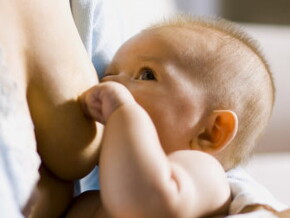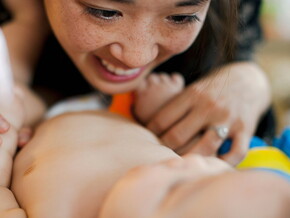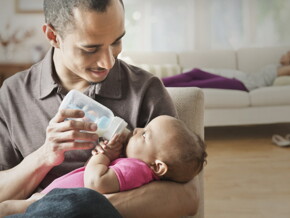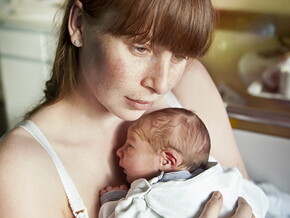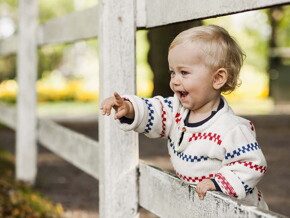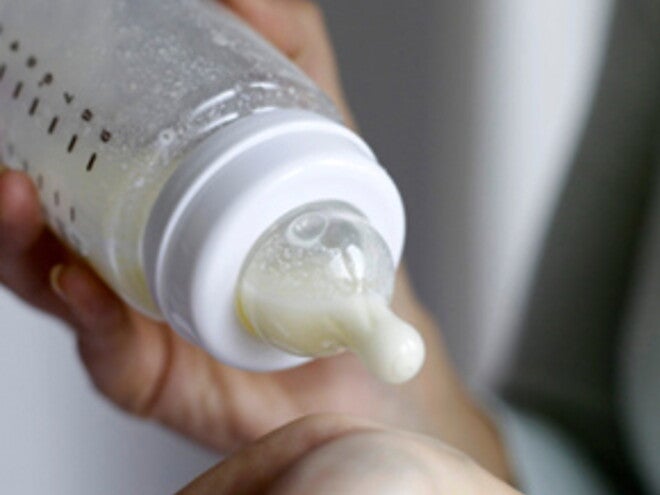
Ways to prepare & store baby formula and learn how long can formula sit out for
To start things off, here’s a quick breakdown of the three formats of formula (or you can get a more in-depth look at formula formats here).
Types of infant formula
Ready-to-feed: Most convenient (no preparation required!)
Concentrated liquid: Just needs to be diluted with water
Powder: Great value! (Mix the powder with water)
To ensure that you are giving your baby the right amount of nutrition, and to minimize the risk of bacterial contamination, it is essential to follow the label instructions, and prepare and refrigerate formula properly—this will help your little one stay on the path to good health!
Before you begin: Storage and preparation dos and don’ts
Dos
- Ask your baby’s doctor about infant formula, including how much and how often to feed.
- Carefully read the directions for preparation and use on the label so you can follow them accurately (your baby’s health depends on it, after all).
- Wash your hands thoroughly before preparing infant formula.
- Feed your baby immediately after preparing the bottle.
- Always test the temperature of warmed formula before feeding (just use the inside of your wrist or the top of your hand).
Don’ts
- Do not add extra powder or concentrated liquid infant formula than indicated in instructions.
- Do not add sugar or cereals to the formula.
- Do not use formula from a package that may be damaged (e.g., dented, opened, leaking, or bloated).
- Do not use a microwave oven to warm formula (it can produce hot spots in the bottle that can burn your baby).
- Do not store any remaining formula that your baby didn’t eat—discard it immediately (it’s not safe to store it for later).
Suggested reading
How to prepare baby formula: Step-by-step*
First and foremost, always sterilize your bottles, nipples, rings and all preparation utensils by placing them in a pot with boiling water, boiling for 5 minutes, cleaning the area where you’ll be prepping things and washing your hands.
Ready-to-Feed Liquid Formula Preparation
- Shake the ready-to-feed Tetra Pak™ carton well and wipe the top with a clean damp cloth before opening.
- Pour ready-to-feed formula directly into a sterilized bottle—do not mix with additional water!
- Put the bottle in hot water until it is lukewarm (usually 1-2 minutes).
- Immediately close the opened Tetra Pak™ carton with the resealable cap and store it in the fridge—use the rest within 24 hours.
Concentrated Liquid Formula Preparation
- Bring water to a rolling boil for 2 minutes and let it cool to room or body temperature (37°C) before mixing.
- Shake the Tetra Pak™ carton well and wipe the top with a clean damp cloth before opening.
- Pour equal amounts of measured-out formula and sterilized water into a sterilized bottle. Do not over or under dilute unless directed by a healthcare professional.
- Cap the bottle and shake well.
- Immediately close the opened Tetra Pak™ carton with the resealable cap and store it in the fridge—use the rest within 24 hours.
- Test the temperature of warmed formula on your wrist before feeding.
- Feed immediately. Throw out any unfinished formula within 1 hour after feeding.
Powder Formula Preparation
- Bring water to a rolling boil for 2 minutes and let it cool to room or body temperature (37°C) before mixing.
- Pour measured, sterilized water into a sterilized bottle.
- Add the appropriate number of scoops of powder, as directed on the label.
- Cap the bottle and shake it well, until the powder is completely dissolved.
- Test the temperature of warmed formula before feeding.
Note: Only prepare one bottle at a time.
Infant formula storage*
Ready-to-feed formula storage after opening
After opening the carton, if there’s formula left, recap it immediately, refrigerate it upright, and use it within 24 hours.
Concentrated liquid formula storage after opening
After opening, if there’s any formula remaining in the carton, recap it immediately, refrigerate it upright, and use it within 24 hours.
Powder formula storage after opening
After opening the can, keep it tightly covered with the lid and use within 1 month. Store the container in a cool, dry place.
Formula storage after preparation
While preparing and filling bottles in advance may seem like a good idea, preparing and then storing formula is not recommended. Following the manufacturer's label instructions is important for the health of your baby. One safe way to save time is to sterilize bottles and fill them with the appropriate amount of sterilized, cooled water ahead of time. If you choose to measure out the appropriate amount of water ahead of time, do not add the formula until feeding time. This will shorten the preparation process once feeding time arrives. Remember, your baby’s health depends on you carefully following the directions for preparation and use on the label.
How long is formula good for after opening?
Once open, powdered formula will stay fresh up to one month and does not require refrigeration.
How long is formula good for after warming?
After warming the prepared formula, it’s recommended to feed your baby right away. The bottle should be used within 2 hours from the time it was warmed. Don’t refrigerate and reuse formula that has been previously warmed.
How long can formula sit out for?
Never leave any unused prepared or opened liquid formula at room temperature for more than 2 hours. Once you’ve fed your baby, discard any formula remaining in the bottle within 1 hour.
Important formula preparation and storage notes
- Check the expiration date prior to using any formula.
- Throw out any containers that have expired.
- Never leave any unused prepared or opened liquid formula at room temperature for more than 2 hours.
- Feed formula immediately and discard any formula remaining in the bottle within 1 hour after a feeding.
- Immediately close and store any opened ready-to-feed or concentrated liquid Tetra Pak™ carton in the refrigerator for no more than 24 hours*.
* Please consult the label for full preparation and use instructions. If using another brand of infant formula, please follow the directions stated on the label.
Reference:
Health Canada. Preparing and handling of powdered infant formula. 2022. https://www.canada.ca/en/health-canada/services/milk-infant-formula/preparing-handling-powdered-infant-formula.html. Accessed July 2023.







